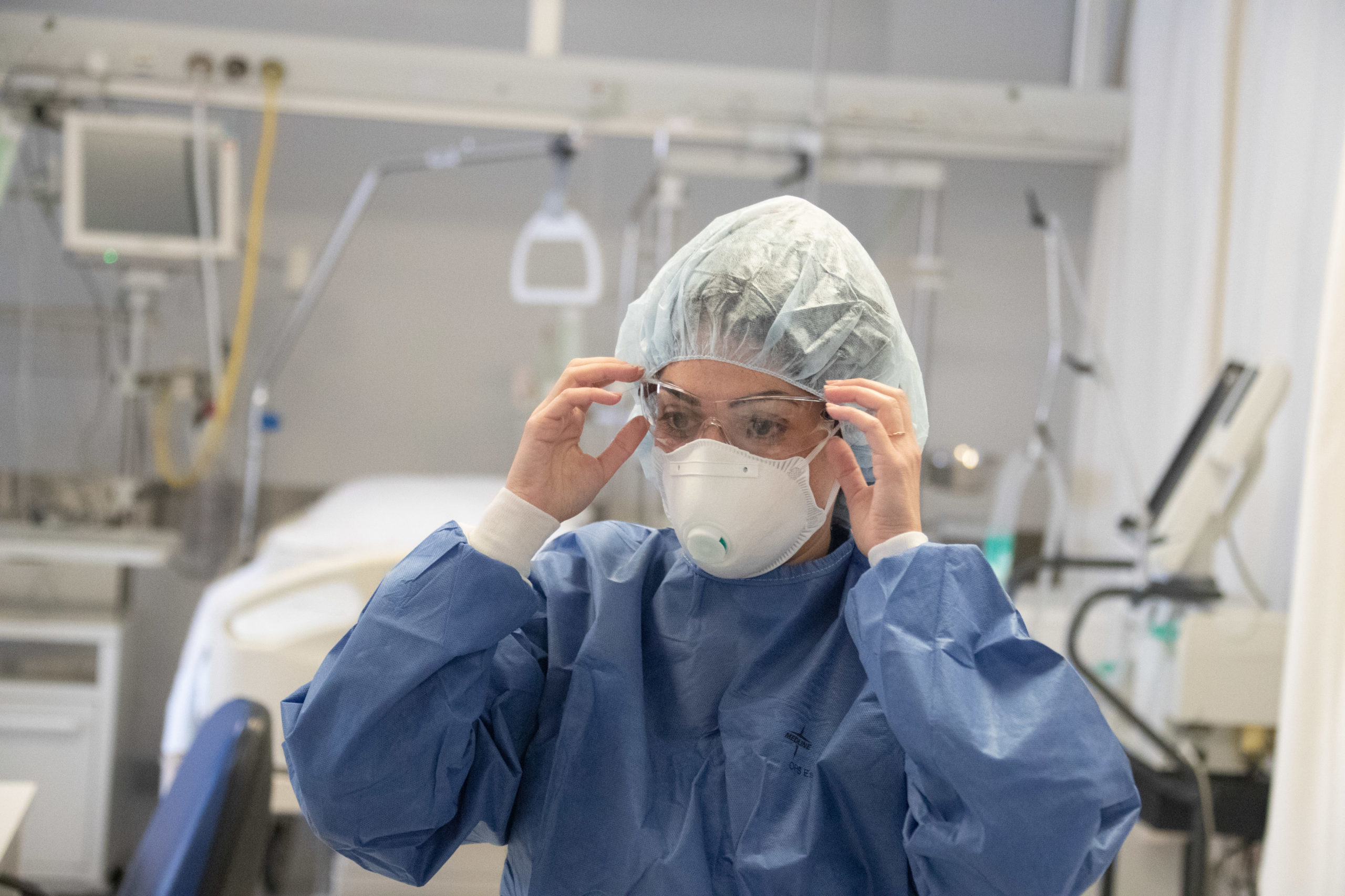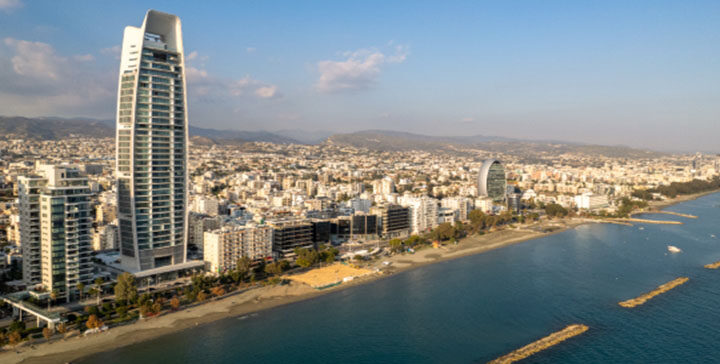Cyprus reported three coronavirus deaths on Tuesday, but a lower rate of new COVID-19 cases, dropping below 100 for the first time in a week to 81.
The number of patients being treated was 86, unchanged from Monday, with 23 in a critical state, two less than the day before. This was down marginally from the 87 patients on Sunday, of whom 28 were critical.
The health ministry said two men died, aged 74 and 94, as well as an 89 year old woman, all with underlying health issues, raising the death toll since the pandemic started to 225.
February has so far accounted for 26 deaths, with December and January the worst months on record with 76 each.
The 82 new SARS-CoV-2 cases were diagnosed from 26,270 PCR and rapid tests, with the total of all infections since last March at 32,707.
Of the new infections, 22 were identified through contact tracing linked to earlier cases and 39 were positive results from the free national antigen rapid tests programme conducted daily.
Some 27 were in Limassol, followed by 6 in Larnaca, 4 in Nicosia and one in Paphos.
A further 1,083 tests of residents and staff at old people’s homes were all negative for COVID-19, as were 154 samples taken from passengers arriving at Larnaca and Paphos airports.
Trans and trace hampered by ‘hidden cases’
Health officials said earlier in the day that track and tracing close contacts of COVID-19 cases is being hampered by people’s unwillingness to come forward when they develop symptoms or divulge their contact list.
Valentinos Silvestros, head of the Health Ministry’s track and trace team said authorities are concerned because, without the cooperation of the public, they cannot trace new outbreaks promptly, especially in Limassol.
He argued that people who test positive after taking a rapid test privately at a pharmacy, or non-licensed labs, do not come forward.
Silvestros said that over the past week, an increasing number of people are being admitted to hospitals for COVID-19 treatment, but are not on any official list as a positive case.
“We are losing precious time, since we are not able to get to their contacts quickly, and we all know what that means for the spread of the virus.”
He argued that many people found positive hesitate to give a list of their close contacts or say where they work with some even lying about being unemployed to prevent checks.
The majority of such cases are found in Limassol, but it was an islandwide phenomenon.
On Monday, the Health Ministry issued a warning over the increase in cases found at workplaces such as pharmaceuticals, food and beverage outlets and retail stores.
“As a result, the health services have increased checks at such establishments, to spot violations of health regulations to prevent new outbreaks,” said the ministry.










